Church leaders deliver the Christmas message
What is the meaning of Christmas? The state’s religious leaders give their answers in their annual festive messages.
Tasmania
Don't miss out on the headlines from Tasmania. Followed categories will be added to My News.
WHAT is the meaning of Christmas? The state’s religious leaders give their answers in their annual festive messages.
Politics of love
$1,000,000,000! That’s a lot to spend on Christmas decorations. Sadly, it’s the estimate Australians will spend on decorations this Christmas.
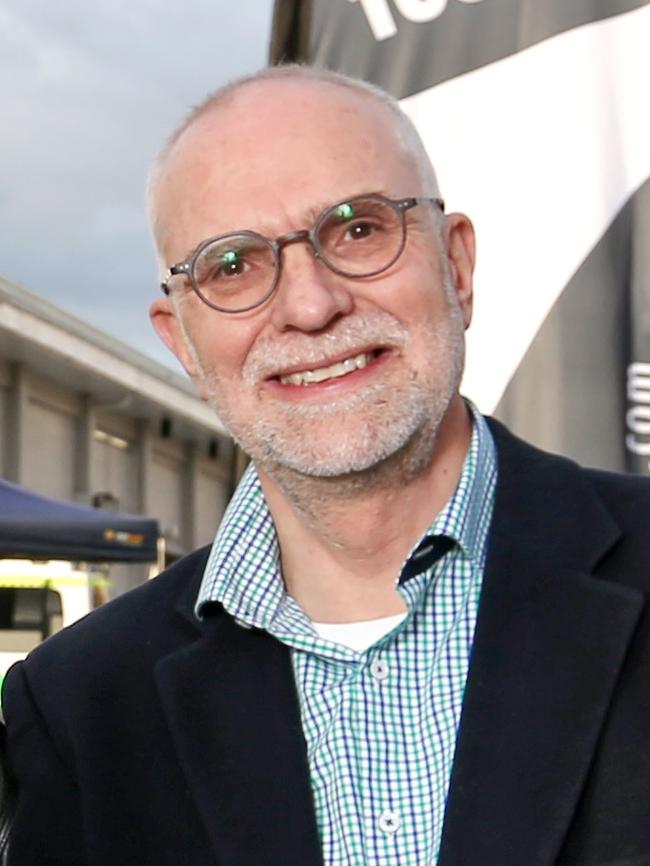
In contrast, tens of millions of children around the world will spend Christmas sleeping on the streets with empty stomachs, exposed to all types of exploitation and abuse. Something is wrong, don’t you think?
At its heart, Christmas is meant to be much more than sentimental carol singing, family barbecues and a holiday. Christmas is celebrating the gift of hope for a better world. It’s about the coming of the Prince of Peace, who taught a way to live based on love. Jesus called it the rule of God, and its focus was not a change of government, but on a change of heart. It was full of explosive religious, economic and political implications, so much so that the religious and political leaders of the day were threatened and had Him executed.
Jesus is no less threatening today. Despite His message of love and His non-violent acts, He is still a divisive figure. Mahatma Gandhi once suggested: “Those who say religion has nothing to do with politics do not know what religion is.” Perhaps we could say of those who say Jesus has nothing to do with politics, you don’t know Jesus. I guess the thought He might suggest we spend less on decorations, and more on loving our neighbours, is just a step too political. But it would be a step in the right direction to a better world, don’t you think?
Stephen Baxter, State Leader of Tasmanian Baptists
Filling the emptiness
THE Christmas Story is a tale of two plots. The main plot is often seen in nativity plays, acted out by children or voiced by cute animals in animated movies, while the secondary plot is one that goes on behind the scenes. The main contrast between them is that one is about those who have little, and the other is about those who have much.

Our story begins with a census, and an emperor who wants to know the extent of his empire. We meet an engaged couple with little — lives filled with doing what it takes to survive, yet empty of worldly possessions. They come to Bethlehem, which is full of people, and are given refuge in a space empty of humans but full of animals seeking shelter. It is here, as the night progresses, that two become three.
Meanwhile, shepherds in their fields watching a starry sky, full and yet empty, had their vision filled with angels proclaiming the miraculous birth of one who came to the empty and whose influence would fill the world.
Christmas is a contrast of empty and full. Our world would have us believe that true happiness comes from accumulating possessions. The adage that “the person with the most toys wins” seems to be the loudest voice, and yet Jesus came to — and in a way favours — those who see through that lie.
The truth at the heart of the Christmas story is that to be fulfilled we not satisfy our selfish desires, but look first to the needs of those around us.
Reverend Simon Clemow, Ministry Team Leader, Hobart City Church of Christ
Silent show of strength
THERE is a strange and attractive beauty in the scene of the birth of Jesus. The simplicity, poverty and fragility of this young couple and their first-born child attracts us. Children, in particular, are drawn to the Christmas crib in wonder. The scene engages their imagination, especially when they are told that this is how the Son of God came among us.
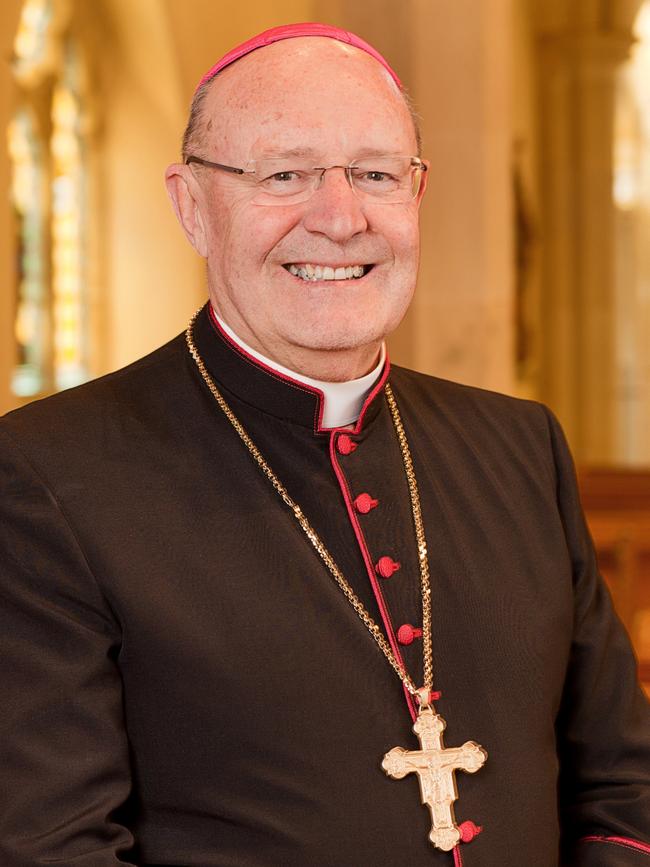
One figure who is often overlooked in the Christmas story is Joseph. He is there at the heart of this great event, but his presence is silent and yet strong. How was he managing all that was happening to him and around him?
Firstly, the child was not his own. Even his respectful effort to quietly end the engagement was changed when he received a divine message to take Mary as his wife. He did so. No doubt he was aware that whatever the future hopes for his life may have been, from this point on he gave himself to the responsibilities now as husband and father, freely entering into a drama beyond his control.
Joseph took his wife to Bethlehem to fulfil his census obligations. He must have been embarrassed at his inability to ensure that the child was born in proper conditions. Later he would be forced to take the child and mother and flee to Egypt as a refugee when he learnt that they were under threat. His destiny was tied to this child.
In all this he patiently and faithfully assumed his duties as husband and father. He accepted the responsibilities placed on him, laying aside his own hopes and expectations. He surrendered his own future and oriented his life to his family obligations.
Joseph is the model of a good husband and father. He gave all his attention to the needs of the family. He was protector and provider. His attention was on their wellbeing. Joseph in his silent witness, standing quietly at the back of the stable, presents an enduring image of the role of husband and father: silent, steady, strong and faithful.
The Most Reverend Julian Porteous, Catholic Archbishop of Hobart
God won’t ignore us
CHRISTMAS is as much a part of the Australian experience as footballs, meat pies, kangaroos and Holden cars.
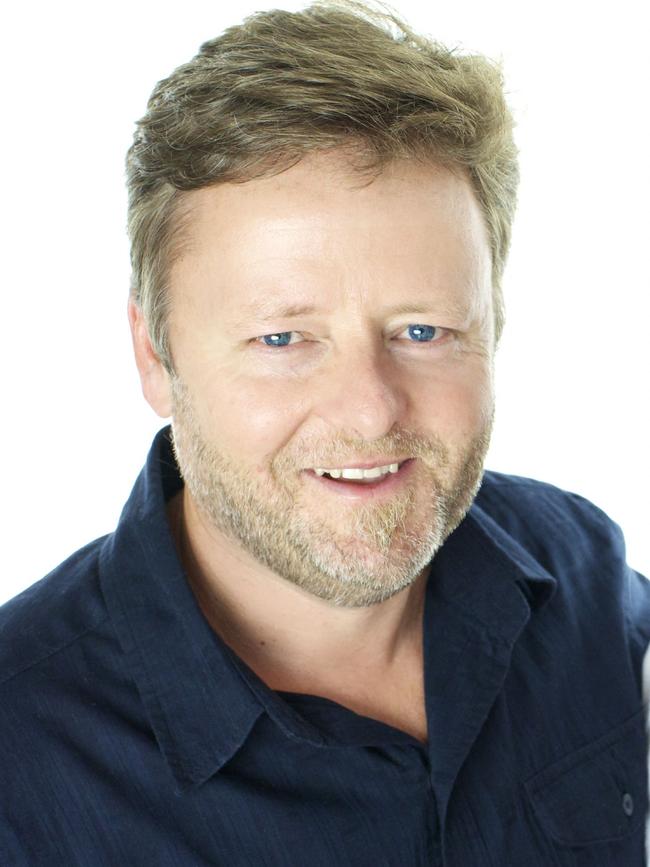
It’s probably the most anticipated holiday on our yearly calendar, and no wonder. The entire country stops and takes a deep breath as December 25 comes around. Children head off to sleep (if they can) on Christmas Eve dreaming of all the presents they’ll open when they drag their parents out of bed at an ungodly hour the next morning. It’s by far the most popular birthday celebration on the planet, celebrated by billions of people every year across the world.
Just as the Queen’s Birthday holiday doesn’t fall on her actual birthdate, no one is sure of the exact day that Jesus was born, but scholars all agree that His birth is a historical fact and a baby was born in Israel whose life would become the hinge upon which all of history would turn. He would later grow up to lead a movement that would endure right up until today.
What makes Jesus so unique among religious leaders was that He claimed to be God and then went about proving His words by His actions.
Christmas is a reminder that even though we may have turned our back on God, He hasn’t turned His back on us. What does it say about a God who was willing to be born as a defenceless baby and experience life as one of us? And maybe more importantly, what does it say about us, that He was willing to do it?
Have a blessed and Merry Christmas.
Senior Pastor Dermot Cottuli, Grace Church Rokeby
Season for hope and renewal
CHRISTMAS is a season of hope and renewal.
Christians focus on the hope and renewal we have in Jesus, both as we remember His birth, His coming among us to share our humanity, and as we eagerly await His return.
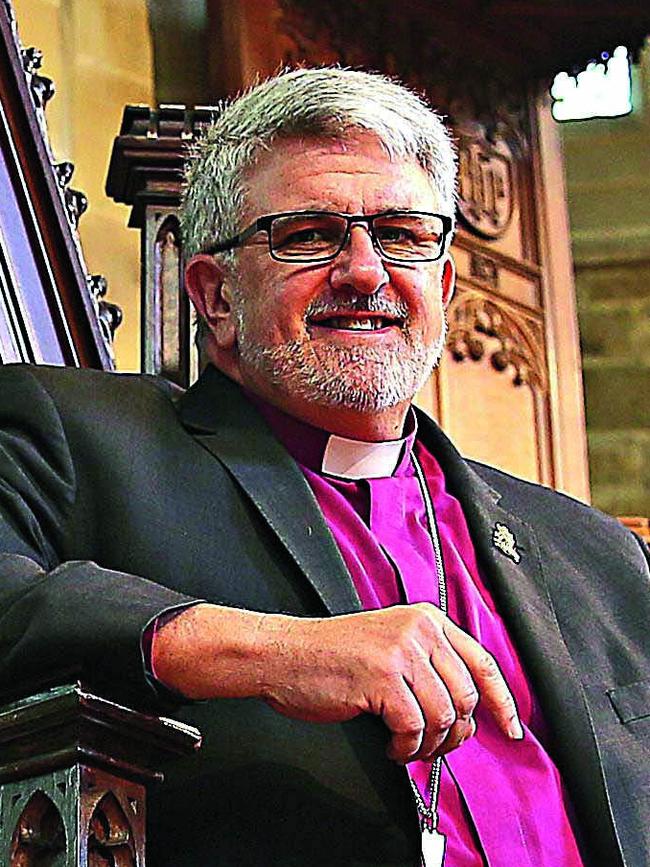
For many in our community, the Christmas season provides hope and renewal through meeting with family and friends to share festivities and exchange gifts, while also enjoying a few days off work.
My prayer this Christmas season is that there is hope and renewal right across our state. My desire is that all Tasmanians will come to know the love, hope and renewal there is to be found in Jesus.
Undeniably the past few months have been extremely challenging for the Anglican Church and our local communities. Our decision to sell properties to enable us to fund our participation in the National Redress Scheme has been painful for many.
But it has also been a step of hope for survivors of abuse, and for parishes as they have seen the upheaval as a new beginning.
As we stop this Christmas, let’s give thanks for the good things in our lives, and for a God who knows and loves each one of us.
Let us ask for 2019 to be a year of hope and renewal.
The Right Reverend Dr Richard Condie, Bishop of Tasmania
God’s love is for everyone
IN a society that lauds youth, beauty and wealth, the Christmas story reminds us that God values every person regardless of appearance, age or social status.
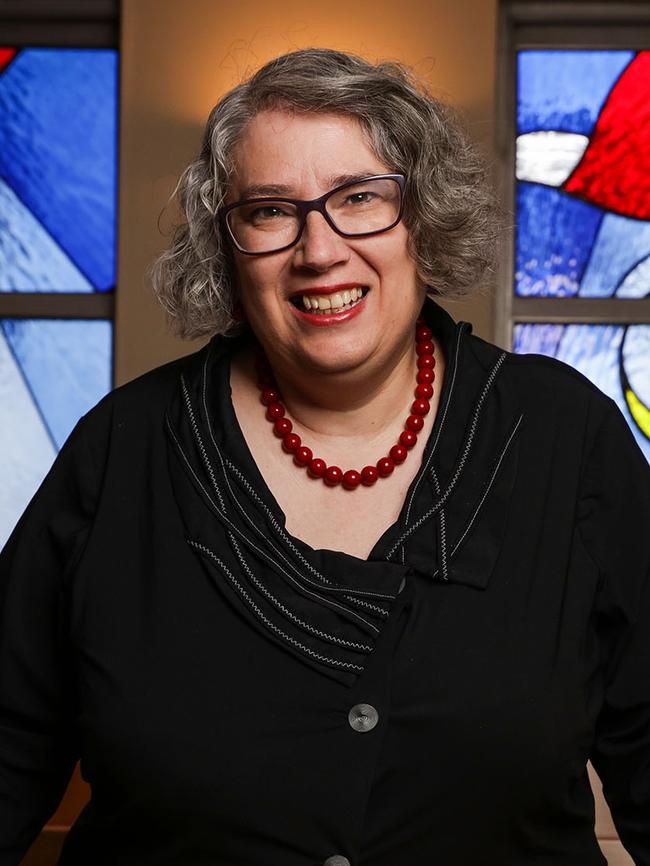
The Christmas story gives important roles to older people, such as the parents of John the Baptist, Elizabeth and Zechariah, and the faithful Anna and Simeon, who recognised the child Jesus as the Messiah.
They embody for us the truth that each of us is made in the image of God, and that image does not diminish because we age, our bodies don’t work as well they used to, or our memory is failing us.
Christmas is the season when we celebrate God taking on our human form and declaring that we are made whole by this action, that our bodies are not something despised by God.
Anna and Simeon, Elizabeth and Zechariah, Mary and Joseph all help us to see that God’s love is for all and for each, and especially for those we often overlook or judge, the childless, the old, the young women not conforming to society’s norms.
They remind us that when our bodies are weak Jesus is with us, when we are judged harshly by the world Jesus looks at us with love, and when we are ignored because we are old or frail Jesus sees us and cherishes us.
We should always be watchful for the ways that Jesus enters into our world to transform it, as was physically manifested in the Christmas story.
May we know that in Jesus Christ the hopes of everyone who longs for faith, for forgiveness, for justice and peace are born in human flesh.
I wish you all a very happy Christmas.
Sharon Hollis, Moderator, Synod of Victoria and Tasmania, Uniting Church in Australia
Light in the darkness
CHRISTMAS is the time that people talk about joy, hope and peace. We have even made them into decorations that can be placed on our bookshelves or windowsills.
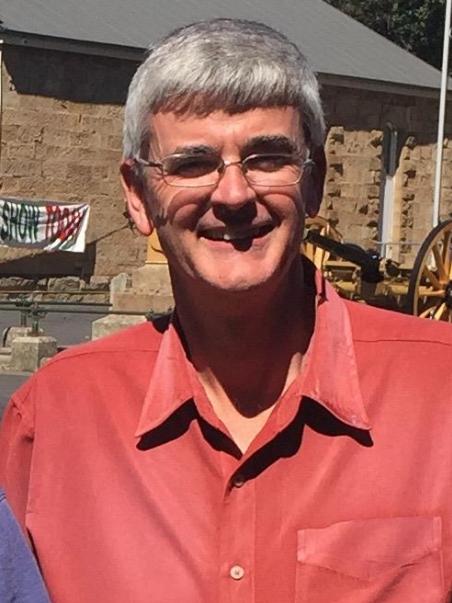
But who in the world possesses such valuable gifts? You only have to watch or read the news to realise that joy, hope and peace are scarce commodities — and it is not for want of searching.
Take joy as an example. We try to find happiness in all sorts of things, such as shopping, work, material possession and the like. While such things give a measure of joy, it doesn’t last, we always want more.
Hope is another example. We often have high hopes that we can free ourselves from harmful behaviour patterns such as anger, addictions and the like. But we seem to make so little progress. It feels like we are enslaved by our bad behaviour.
Is the joy, hope and peace that we talk about at Christmas an illusion, mere fantasy? Not according to God’s word, the Bible.
About 700 years before Jesus Christ was born, a man by the name of Isaiah foretold of a time when “a baby will be born who will be called Wonderful, Counselor, Mighty God, Everlasting Father, and Prince of Peace” (Isaiah 9:6). Isaiah was not just foretelling the birth of Jesus, but the reason for His birth. The names he gives to Jesus is telling us that the Christ child was born to do something wonderful, to counsel us with divine truth, to enact a powerful salvation, to manifest an infinite fatherly love, and to bring us peace. This means that the lasting happiness, the victorious freedom, and the genuine peace that we so much long for is not found in the “things’’ of this world but in a person, the Lord Jesus Christ.
Don’t let this Christmas time pass without looking into the life and claims of the Lord Jesus Christ, for in Him is the joy, hope and peace that each one of us long for.
May you have a blessed Christmas.
Reverend Jason Summers, Minister, St Andrew’s Presbyterian Church, Launceston
Christmas is still big news
IN December 1903, after many attempts, the Wright brothers were successful in finally getting their “flying machine” off the ground. Thrilled, they telegraphed this message to their sister Katherine: “We have actually flown 120 feet. Will be home for Christmas.”
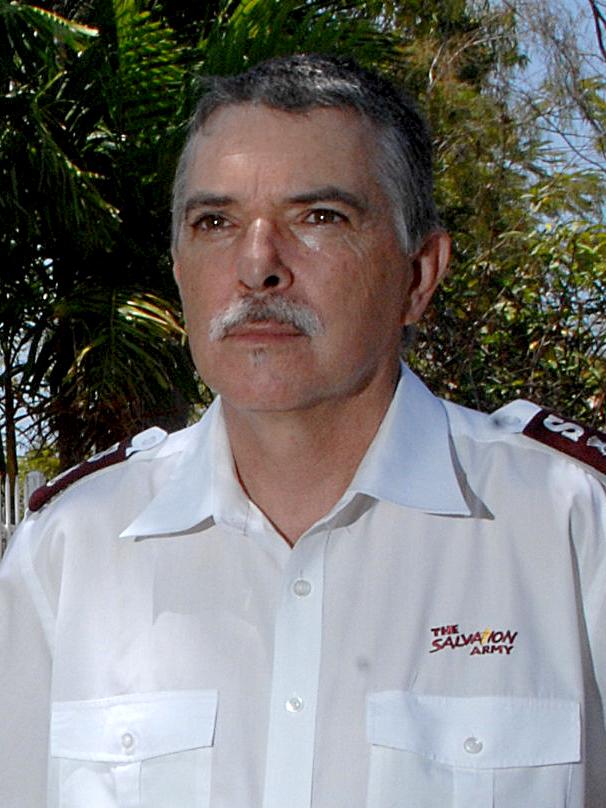
Katherine hurried to the editor of the local newspaper and showed him the message. He glanced at it and said: “How nice. The boys will be home for Christmas.” He totally missed the big news: a human had flown!
So many people miss the big news of Christmas. Not only do they miss the big news of that first Christmas, they also miss the big news of its possible implications on them today.
Mark Lowry wrote a lovely song called Mary, Did You Know, in which Mary is asked questions about what she knew about the baby Jesus.
One line from the song says: “Mary did you know that your baby boy will calm a storm with His hand?”
Calming a storm with His hand speaks of His power over nature. But the big news for us is that He goes beyond just calming the stormy sea — He can calm the stormy soul. He calms the life that is confused, He calms the troubled heart, He wipes away the tears. If you have a storm, He can calm it. If you have a need He can meet it. He will give you a peace like you’ve never experienced before.
Don’t you miss the big news of Christmas and the difference it can make in your life. God bless you.
Major John Freind, Divisional Commander, Salvation Army Tasmania
What can we give this year?
CHRISTMAS is an exciting time of the year. Children wait in anticipation to receive that special present. There is the suspense of Christmas Eve and trying to get children to go to bed so that Santa can come. There are the promises made throughout the year of good behaviour to ensure that Santa pays a visit.
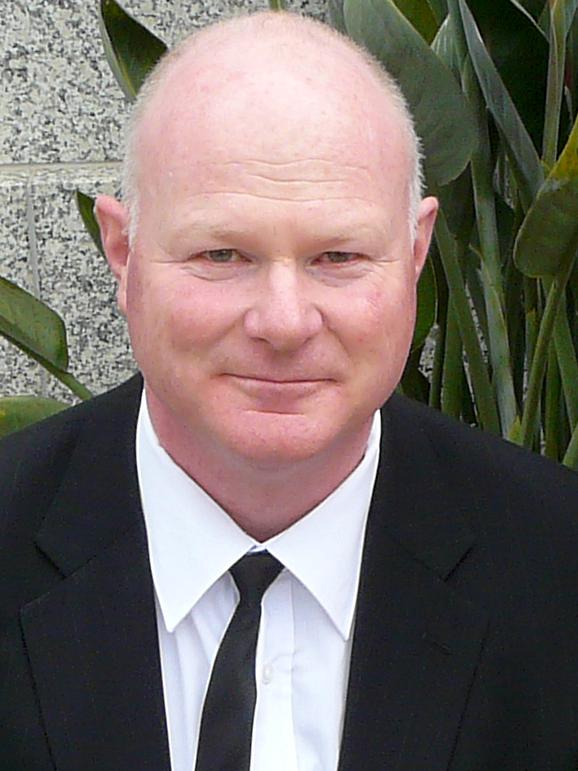
I remember one Christmas Eve as a child laying under the Christmas tree pretending to be a present. I sometimes wonder if my parents thought of me in the same way.
This has caused me to reflect on unique gifts that we can give that may lift the life or at least the day of ourselves or someone else. Here are 12 ideas:
1. Be of good cheer.
2. Have a humble heart.
3. Make a goal and reach it.
4. Love our neighbour.
5. Recognise specific blessings every day, have gratitude.
6. Promote peace.
7. Study the scriptures daily.
8. Be kind to yourself and others.
9. Share our abundance with others.
10. Build eternal family relationships.
11. Trust.
12. Share.
When we lose ourselves assisting others, that’s when we find ourselves. Often the best recipe we can follow when we are struggling in our own lives is to do something for someone else. Our focus will then be on the needs of another, and our own concerns can reduce or disappear. Try, you may be surprised!
Wishing everyone a safe and happy Christmas period as we celebrate the life of He who gives all.
Phil Smith, Hobart Stake President, The Church of Jesus Christ of Latter Day Saints
Why we celebrate Christmas
CHRISTMAS is everywhere: the tinsel on the trees; the carols in the shopping malls; the end-of-year parties; the festive memes that dominate our social media pages; the “car park full” signs.
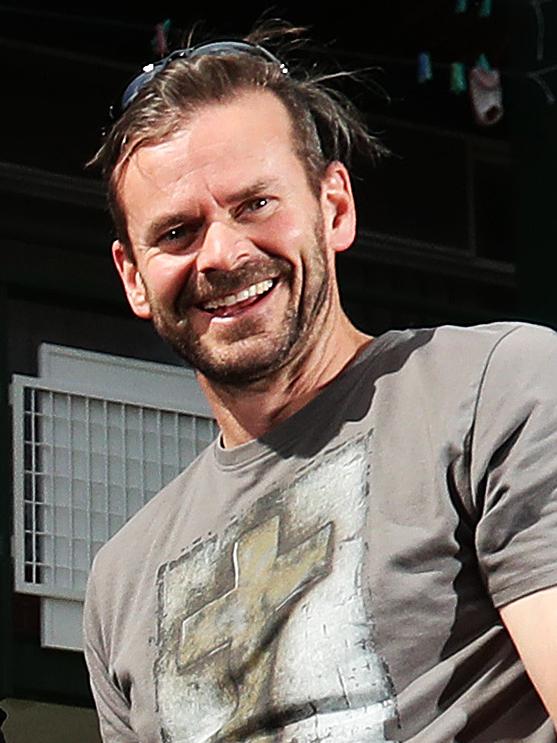
It’s pretty hard not to notice that it’s Christmas time.
Let’s for one moment put aside everything we know about Christmas, and imagine that there are those for whom the 25th of December is just another day on the calendar. Let’s imagine there are people who have seen the effects but never understood the “why” of Christmas.
Let’s now imagine that we’re talking about the person living next door to us, or our work colleague or school friend, the person we play football with, or do dancing lessons with. Let’s imagine that these are people that we do everyday life with, who have never understood the “why”.
Now, imagine that one day they decide to ask you the “why”: “Why do we celebrate Christmas?”
You start answering with purpose, but soon realise that your explanation involves a teenage girl and her fiance who are unexplainably pregnant with a baby who was spoken about 700 years earlier, and that this particular baby, born in a dirty stable, was to be known as the Prince of Peace, King of Kings, and the Saviour of the world …
If they didn’t understand before, they are probably not going to now.
What about if instead you told them that the meaning of Christmas can best be described in one word: love.
The “why” of Christmas is that God gave us the gift of love. God loved us so much that He provided a way — the only way — for us to spend eternity with Him. For this to happen, Jesus came to Earth, was born in a barn, lived, taught and served among the people, and ultimately gave His life to take the punishment we deserved for the sins we committed.
That is the gift of love and that is why we celebrate Christmas.
Pastor Shaun White, C3 Church Hobart
Good cheer from Son gazing
IN a very ancient Christian document, dating to shortly after the time of the New Testament, titled The Letter of Barnabas, we read the following: “If the Son of God had not come in the flesh, how could people have looked at Him and been saved, when as they look at the sun, which is destined not to be, which is the work of His hands, they cannot gaze at its rays?” (5:10-11).
God is so majestic, mysterious, holy and awesome. He is so beyond us. Yet in the person of the eternal Son He chose to be known, accessible, and with us. In Jesus, we see God for us, suffering, bearing our sin and its resultant curse of death to overcome it.
God so often does the opposite of what we expect. Instead of in blindness recoiling form the brilliance of the sun, we can look at God in the face of Jesus and be enlightened by His word. He repeatedly says to those who look to him “fear not’’. With this Christ there is always a way through the impossible. We walk by faith and not by sight. We are to and can have peace and be of good cheer.
Pastor Mike Steicke, Lutheran Church, Hobart


